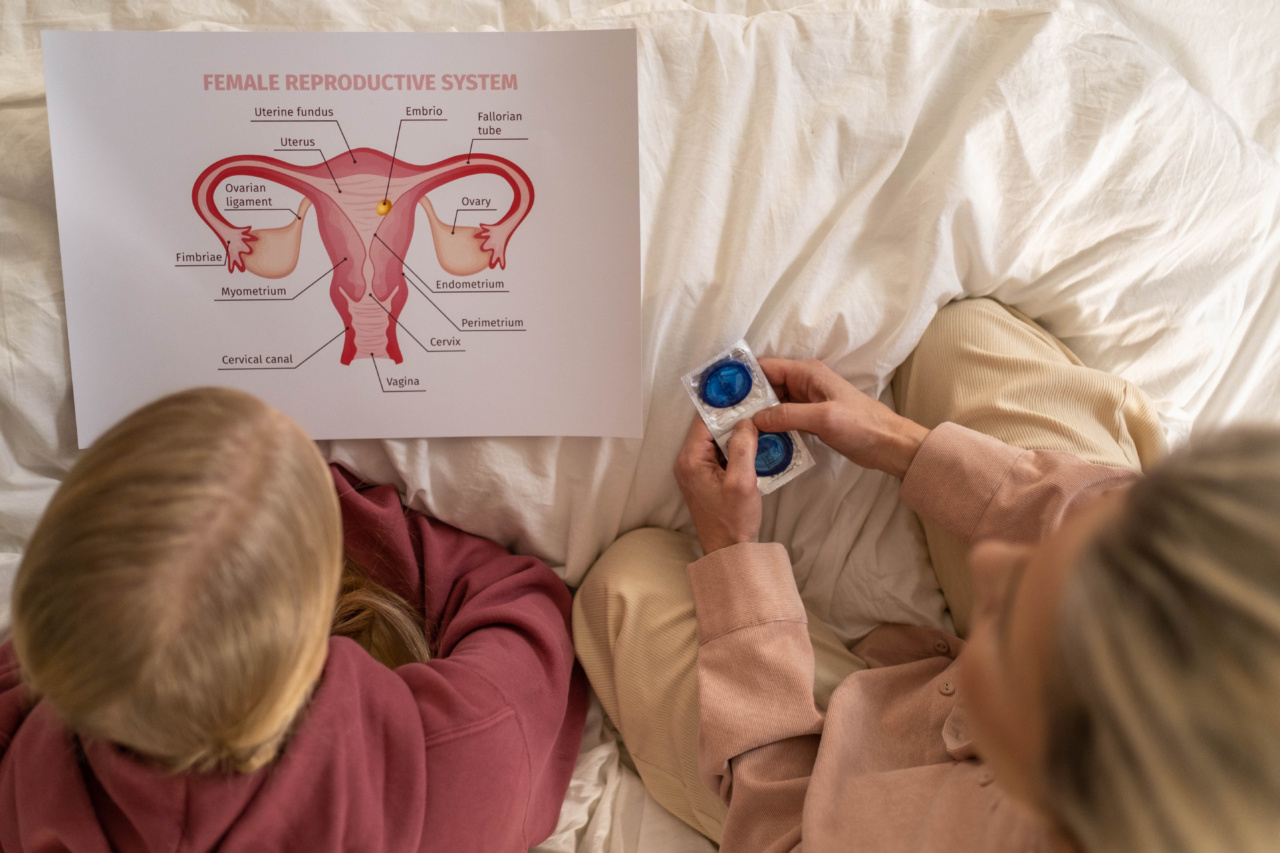Prostate cancer is a significant health concern for men worldwide. It is the second most common type of cancer and the fifth leading cause of cancer-related deaths in men.
The American Cancer Society estimates that in 2021, around 248,530 new cases of prostate cancer will be diagnosed and approximately 34,130 deaths will occur due to this disease. While there are various factors that contribute to the development of prostate cancer, emerging research suggests that sexual activity may have a significant role in its prevention.
Understanding Prostate Cancer
Before delving into the connection between sex and prostate cancer prevention, it’s vital to be familiar with the basics of this disease. The prostate is a small gland located just below the bladder in men.
It plays a crucial role in producing seminal fluid, which transports and nourishes sperm. Prostate cancer occurs when abnormal cell growth leads to the formation of tumors in the prostate gland.
Various risk factors have been identified for prostate cancer, including age, family history, ethnicity, and certain genetic mutations.
However, recent studies have indicated that lifestyle choices and sexual activity may also influence the development and progression of this disease.
The Role of Sexual Activity
Research investigating the connection between sexual activity and prostate cancer has yielded interesting findings. Several studies have found that a higher frequency of sexual activity is associated with a reduced risk of prostate cancer.
Although the precise mechanisms behind this link are yet to be fully understood, researchers have proposed several possible explanations.
1. Hormonal Influence
Engaging in sexual activity triggers the release of various hormones, including oxytocin and dopamine. These hormones have been shown to have potential protective effects against cancer development.
Oxytocin, often referred to as the “love hormone,” promotes bonding and reduces stress. Dopamine, on the other hand, is associated with pleasure and reward. It is believed that these hormonal responses may play a role in modulating the growth of prostate cells and inhibiting the formation of cancerous tumors.
2. Promotion of Healthy Prostate Function
Regular sexual activity has been suggested to promote healthy prostate function. When men engage in sexual intercourse or other sexual activities, the prostate undergoes mechanical stimulation.
This stimulation helps maintain proper blood flow and oxygenation in the prostate gland, which may be essential for its overall health. By ensuring the prostate gland functions optimally, regular sexual activity may help reduce the risk of abnormal cell growth and the development of cancerous tumors.
3. Ejaculation Frequency
Several studies have specifically examined the relationship between ejaculation frequency and prostate cancer risk. Findings from these studies consistently suggest that higher ejaculation frequency is associated with a reduced risk of prostate cancer.
Ejaculation allows the body to expel potentially harmful substances and toxins that accumulate in the prostate. By regularly emptying the prostate through ejaculation, men may decrease their exposure to these harmful substances, subsequently reducing their risk of developing prostate cancer.
4. Stress Reduction
Engaging in sexual activity has been linked to stress reduction and improved mental well-being. Chronic stress has been shown to negatively impact immune function and contribute to the development and progression of various diseases, including cancer.
By reducing stress levels, sexual activity may indirectly influence prostate cancer risk and provide a protective effect against the disease.
5. Immune System Boost
Research suggests that sexual activity can have positive effects on the immune system.
A study conducted at Wilkes University found that individuals who engaged in sexual activity at least twice a week had significantly higher levels of immunoglobulin A (IgA) compared to those with less frequent sexual activity. IgA is an essential antibody that plays a crucial role in immune defense. By boosting the immune system, regular sexual activity may enhance the body’s ability to detect and destroy cancer cells.
6. Psychological Connection
It is important to note that the psychological benefits of sexual activity may also contribute to prostate cancer prevention. Engaging in regular sexual activity can strengthen intimate relationships and improve overall well-being.
Research suggests that individuals with a strong emotional connection and happy relationships may have better health outcomes, including a lower risk of developing cancer.
Conclusion
While the research exploring the association between sexual activity and prostate cancer prevention is still ongoing, the existing studies provide intriguing insights.
It appears that regular sexual activity may have a protective effect against prostate cancer, potentially due to hormonal influences, promotion of healthy prostate function, ejaculation frequency, stress reduction, immune system benefits, and psychological well-being. However, it’s essential to remember that sexual activity alone cannot prevent prostate cancer entirely, and regular screenings and maintaining a healthy lifestyle are crucial for early detection and improved outcomes.






























